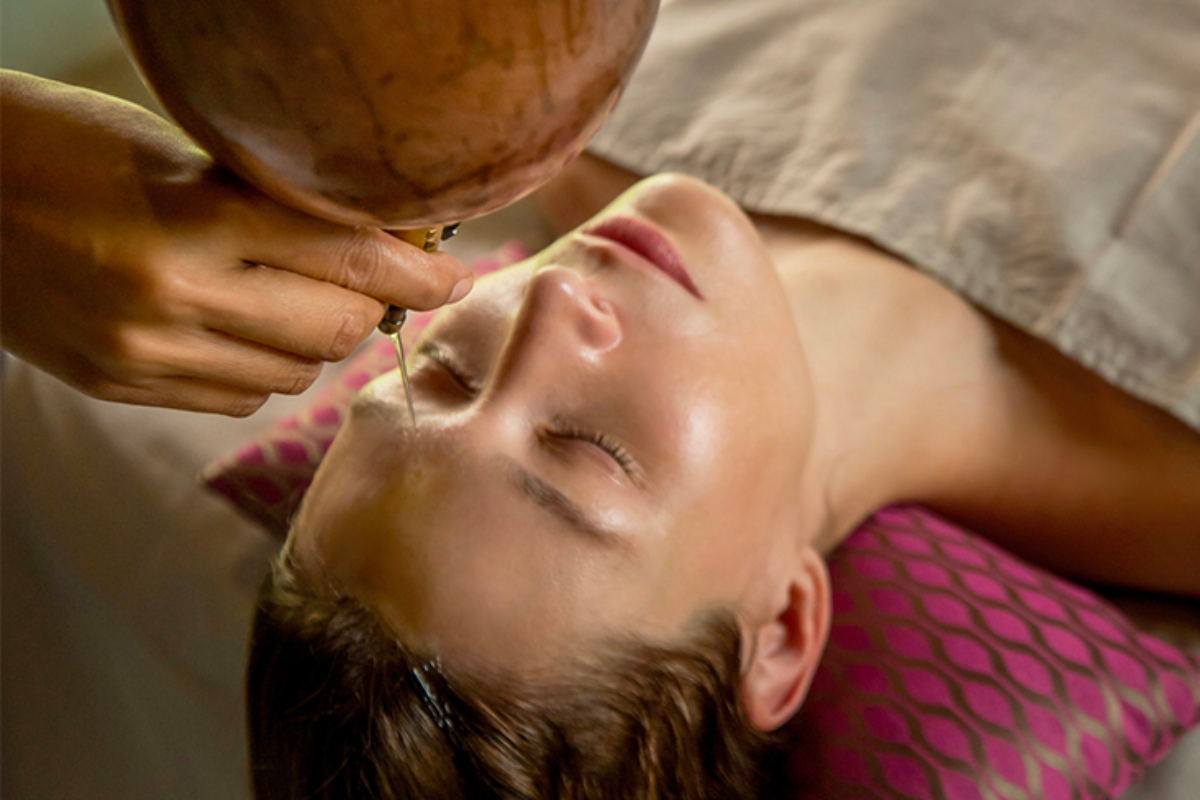
Migraines, a prevalent disorder affecting a significant portion of the population, manifest as severe headaches lasting from 4 to 72 hours, often accompanied by debilitating symptoms such as nausea and sensitivity to light or sound. While there is no one-size-fits-all cure due to the diverse range of symptoms, various natural and drug-free remedies can help prevent full-scale attacks and alleviate symptoms. Embracing lifestyle changes is often key to managing migraines effectively. Here are some holistic approaches:
1. Mindful Diet Choices:
- Identifying Triggers: While there’s no specific migraine diet, certain foods can act as triggers. Processed foods, alcohol, and caffeine are common culprits. Nitrites and nitrates in items like hotdogs may cause blood vessels to expand, triggering headaches.
- Maintaining a Food Diary: Documenting food consumption and migraine occurrences helps pinpoint specific triggers. Focusing on a healthy diet rich in fresh fruits, vegetables, whole grains, and lean meats can aid in migraine prevention.
2. Biofeedback Therapy:
- Regulating Bodily Functions: Biofeedback therapy utilizes a small machine with sensors on muscles to help individuals control involuntary bodily functions. Studies suggest that biofeedback can reduce the frequency and severity of migraines, offering a non-pharmacological approach to management.
3. Acupressure:
- Targeting Acupoints: Applying pressure to specific points, known as acupoints, helps release muscle tension and improve blood circulation. The LI-4 point, located between the left thumb and pointer finger, is a common pressure point. Research from The National Center for Complementary and Integrative Health indicates that acupressure can be a preferred treatment for migraine relief.
4. Yoga Practices:
- Breathing and Meditation: Incorporating breathing exercises and meditation into yoga practices can reduce the frequency, duration, and intensity of migraines. While research is ongoing, there’s evidence suggesting a correlation between yoga and migraine management, making it a potential complementary remedy.
Dealing with migraines is undoubtedly a daily challenge, but adopting lifestyle changes alongside other preventive measures can contribute to effective management. Striking a balance between holistic approaches and, if necessary, preventive medications offers a comprehensive strategy for navigating life with migraines.



